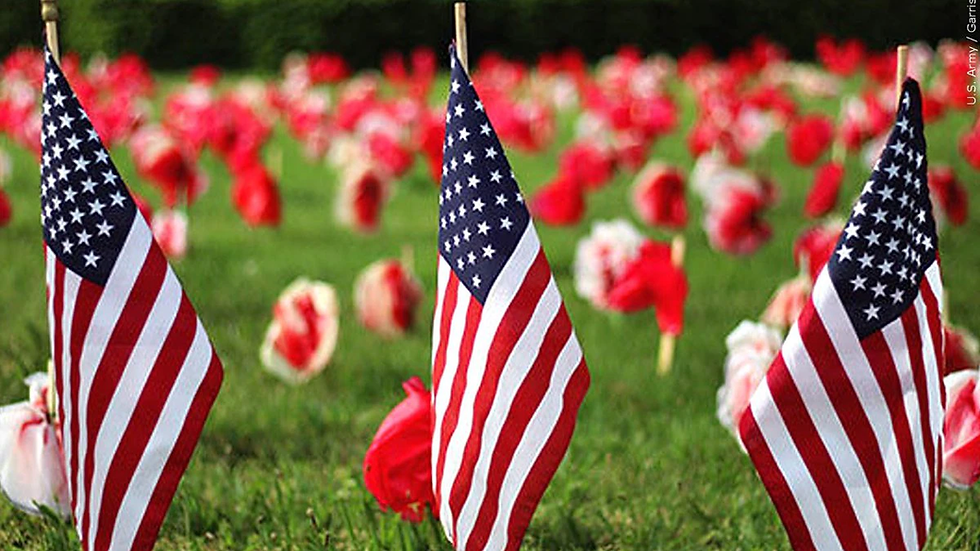Asian Pacific Heritage Month
- May 19, 2022
- 3 min read
Lila Clapp, Freshman

The month of May spearheads the celebration of Asian Pacific American Heritage. This month celebrates the histories of Americans whose ancestors came from across the Asian continent and from the Pacific islands of Melanesia, Micronesia and Polynesia. The theme of this year’s observance is "Advancing Leaders Through Collaboration".” The theme emphasizes the “leadership advancement” message that began last year. While this month is a time to recognize the great hardships that Asian Pacific Americans had to face in their past, it is also a time to acknowledge the modern tribulations that Asian Americans are facing today. After the devastating waves of cases of the COVID-19 pandemic that originated in Wuhan, China, Asian Americans have been facing many repercussions for “causing the pandemic.” Cynthia Choi, co-executive director of Chinese for Affirmative Action and co-founder of Stop AAPI Hate, requests that people speak out, share stories and debunk myths about Asian communities.
A common theme strung around these monthly holidays is that they started as week-long celebrations, then slowly grew into celebrations that spanned over the course of a month. This month’s subject matter came from former congressional staffer Jeanie Jew who first approached Rep. Frank Horton about the idea of designating a month to recognize Asian Pacific Americans. According to the Time, Jew’s great grandfather M.Y. Lee left China for the United States in the 1800s before he helped build the transcontinental railroad. Lee became a distinguished businessman in California, later traveling to Oregon. He was killed during a time of unrest and anti-Asian sentiment.
"Mrs. Jew turned a personal tragedy in her family history into a positive force," Horton informed Congress in 1992. Horton did all that he could to have the commemoration established, and Congress approached him with the resolution in October 1978. The resolution stated that the president had to "authorize and request" to proclaim the 7-day period beginning May 4, 1979 as Asian Pacific American Heritage Week. This resolution called on average Americans, especially educators, to observe the week with "appropriate ceremonies and activities."
May was officially designated the month of Asian Pacific American Heritage Month because the date May 7, 1843, marks the arrival of the first Japanese immigrants to the United States. Another notable date mentioned in Asian Pacific American History is May 10, 1869, or Golden Spike Day. This date acknowledges the completion of the first transcontinental railroad in the U.S., which had taken several tolls on Chinese workers. The railroad was devised to stretch from the West Coast to the East Coast, and a total of 15,000 to 20,000 Chinese immigrants were a significant part of its construction. After many white people showed disinterest in working on the railroad, construction superintendent James Strobridge called on Chinese workers to complete the grand vision for United States’ transportation. The conditions of Sierra, Nevada were grueling, backbreaking and exceedingly dangerous, leading to the deaths of 1,200 Chinese immigrants. The Transcontinental Railroad was rudimentary to the development of the American West, as stated by History.com. What would have taken months to travel across now took less than a week.
"Our history is also filled with incredible stories of resilience, of persistence, of determination, to fight for our basic rights," Cynthia Choi told NPR. "This is a celebration of our history, of our culture ... and all the different ways in which our community has really demonstrated that we're not only here to stay, we are a part of this fabric — a part of this country."
Sources:




Comments